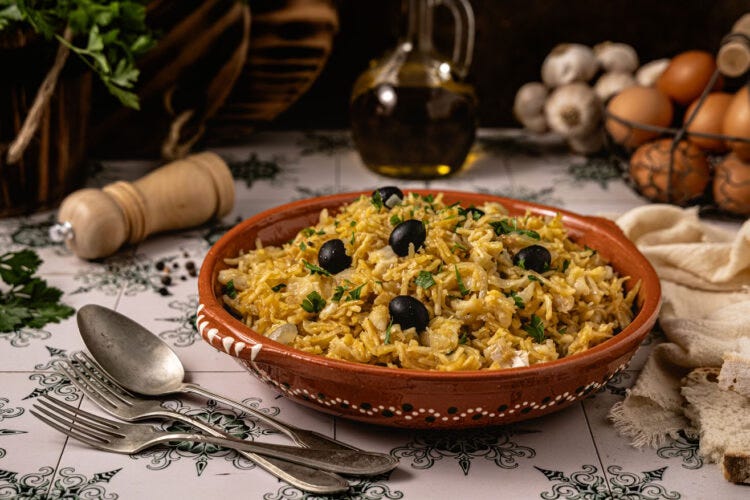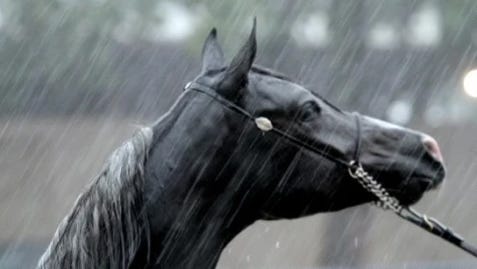OK, I’ll come clean… this post has nothing to do with clay. I am doing these purely for fun and a little to pay homage to my native tongue in an attempt to not feel so guilty for writing in English… About once a month I will try to unravel 3 common (and not so common) Portuguese expressions. I hope they will be as much fun to read as it has been to tell them to my friends over the years.
First, credit where credit is due: the idea to create this space and write these down was inspired by
and his French Expressions pieces. I have also enlisted the help of my mum (Olá, Mãe! 😁) to review these and contribute some of the expressions.Ok, so, without further ado... Here are the first 3 Portuguese expressions for you to ruminate over.
Cor de burro quando foge

Literal translation: The colour of a donkey running away
Used to describe a colour or something that is nondescript, difficult to name. Origin unknown, though (and I just learned this myself!) some researchers suggest that this expression actually started out as “Corra do burro quando foge”, corra being the imperative form of the verb correr, to run, and so, was simply a warning to get out of the way when you see a scared donkey running. Over the years, corra became cor and the expression now means something entirely different.
Example: You wore that t-shirt so often it’s now the colour of a donkey running away.
Ficar em águas de bacalhau

Literal translation: To stay/remain in the cod water
Used when nothing has been decided, no action has been taken, nothing came of something. As everybody knows (not really, this is only done in Portugal, as far as know, where cod is only available dried in salt), cod needs to be left in water to rehydrate before cooking. Sometimes for days. In the end, the water from rehydrating the cod is so unbelievably salty, you have to discard it, it’s useless.
Example: I hope my Substack doesn’t stay in the cod water.
Tirar o cavalinho da chuva
Literal translation: Take the little horse from the rain
My personal favourite. Used to tell someone to stop waiting for something or to give up hope of something happening (English equivalent: “don’t hold your breath”). According to the Internet, the origins of this expression go back to the times when people used horses to go places; someone wishing to visit for a short time would leave their horse tied outside. However, the host might invite them to stay longer and tell them they could bring the horse to the stables, thereby removing said horse from the rain (maybe it also rained a lot back then??). This meant that, if the visitor had other plans for the day, they could forget it —politeness obliged them to stay longer.
Example: Sara, you can take your little horse from the rain, your Substack will never go viral.
And that’s it for now. More next month. If you are reading this, are Portuguese (or happen to know the language) and would like to have an expression featured here, let me know in the comments! And if you are not Portuguese, let me know in the comments a funny expression in your language!
If you enjoyed reading and you know someone else who might enjoy it too, you can click below to share this post:


